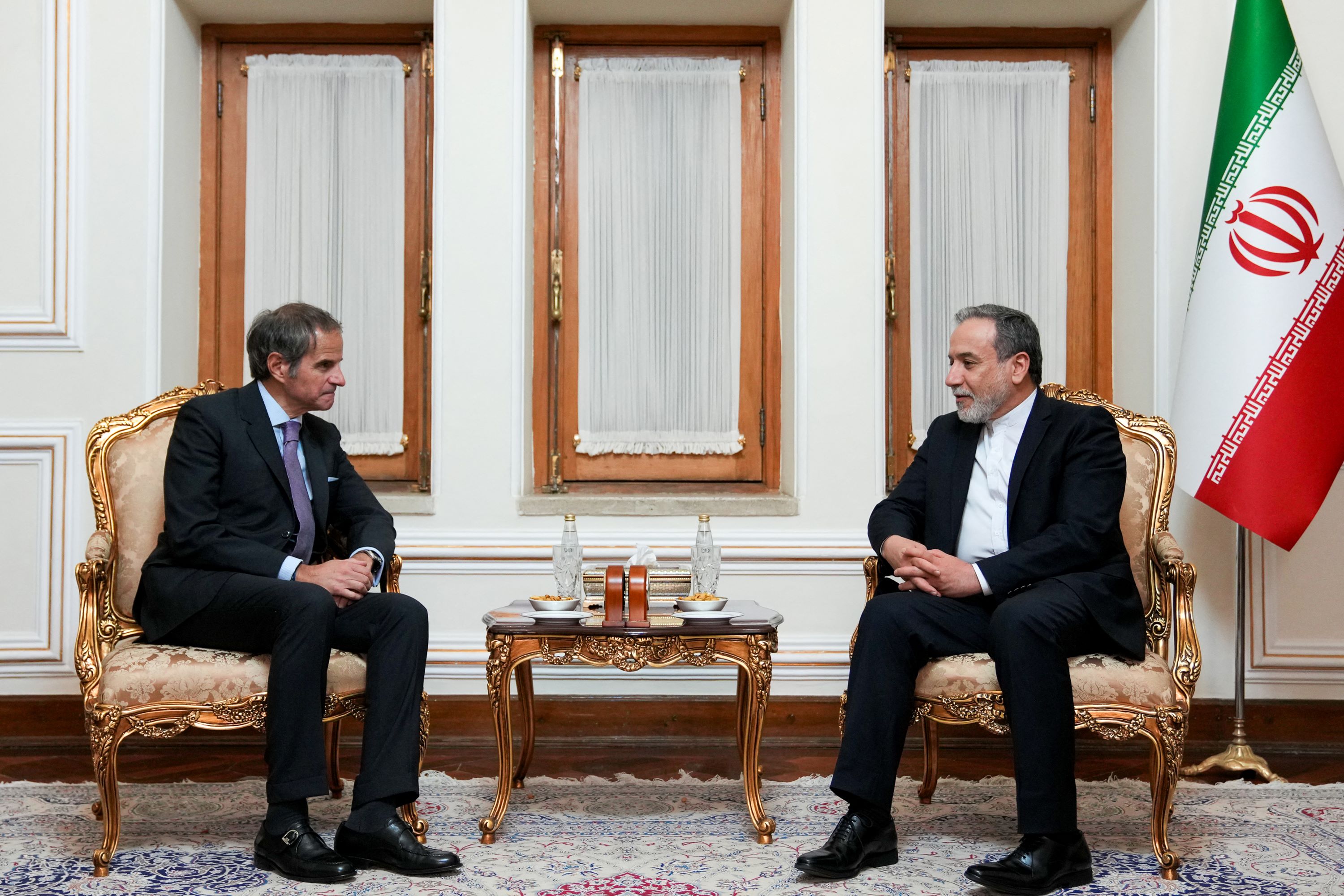
TEHRAN - Iranian Foreign Minister Seyed Abbas Araghchi highlighted Tehran's determination to continue cooperation with the International Atomic Energy Agency (IAEA).
During his meeting with visiting IAEA Director-General Rafael Grossi on Wednesday, the two sides exchanged views on Iran-IAEA cooperation and the indirect talks between Iran and the United States over Iran's nuclear program, according to a statement of the Iranian Foreign Ministry.
Araghchi informed Grossi of his indirect talks with US Special Envoy to the Middle East Steve Witkoff on the nuclear issue and Washington's sanctions on Tehran. Araghchi urged the IAEA to play a professional role despite certain parties' "unjustified" pressures, said the statement.
READ MORE: Iran-US indirect talks round two set for Rome, says Iranian official
The IAEA chief, for his part, underscored the importance of continuing interaction and cooperation with Iran, as well as consultations with other parties to create a proper atmosphere to help resolve the current challenges.
He welcomed the start of the indirect talks between Iran and the United States, expressing the agency's full support for the diplomatic process.
Grossi arrived in Tehran on Wednesday evening for talks with high-ranking Iranian officials. His trip came ahead of the second round of indirect talks between Tehran and Washington, which Iran has confirmed will be held this weekend in Rome.
ALSO READ: US talks: Iran's leader warns against 'extreme optimism or pessimism'
The first round of indirect talks was held in the Omani capital of Muscat last week.
Iran signed a nuclear deal, formally known as the Joint Comprehensive Plan of Action, with six major countries -- Britain, China, France, Germany, Russia and the United States -- in July 2015, accepting restrictions on its nuclear program in return for sanctions relief.
However, the United States withdrew from the deal in May 2018 and reinstated sanctions, prompting Iran to scale back some of its nuclear commitments. Efforts to revive the nuclear deal have not achieved substantial progress.


